Apps Home

The Importance and Functionality of Mobile Location Tracking
In today's rapidly advancing technological landscape, mobile location tracking has emerged as a highly valuable capability offering both convenience and security. The ability to effortlessly ascertain the location of a mobile device isn't just a marvel of modern engineering; it is a vital tool, especially in an age where smartphones are a common extension of ourselves. Mobile location tracking is not a monolithic technology; rather it comprises several interconnected systems including GPS (Global Positioning System), Wi-Fi Positioning, and Cell Tower Triangulation. Each of these technologies has its unique strengths and weaknesses, collectively ensuring an almost pin-point accuracy when it comes to location tracking. At the heart of this capability is GPS, originally developed for military use by the United States in the 1970s. It functions through a constellation of at least 24 satellites orbiting the Earth, transmitting signals that allow any GPS receiver to calculate its position, speed, and time. While GPS is incredibly accurate, offering location precision within 5 to 10 meters in open areas, it can be less effective in areas with dense skyscrapers or indoors, where the signal may be obstructed. This is where Wi-Fi Positioning System comes into play, utilizing known Wi-Fi networks to enhance location tracking, especially in indoor settings. Cell Tower Triangulation, on the other hand, involves calculating the position based on the signal strength from at least three different cell towers, often utilized when GPS and Wi-Fi are unavailable or unreliable. These technologies make applications like Phone Number Locator - GPS Location Tracker possible, which allow users to track and identify the location of mobile numbers reliably. Such tools leverage mobile location infrastructure to not only locate one's device but also keep track of loved ones, ensuring not only peace of mind but also practical safety and security in daily life.
Integrating GPS Technology in Mobile Number Tracking
Integrating GPS technology into mobile number tracking has transformed the way we perceive and interact with geographic data. With the seamless amalgamation of GPS and mobile tracking applications, users can pinpoint not only their location but also that of others, as long as they have access to the mobile number. This capability is not just limited to finding phones; it encompasses a broader spectrum of logistics, safety, and personal convenience. The operational premise of GPS technology in mobile applications such as the Mobile Number Locator is both intricate and fascinating. The application can perform a reverse phone number lookup to track numbers and simultaneously view corresponding locations on a live map, bypassing traditional methods of location ascertainment. Given the nature of mobile networks and GPS, users are virtually empowered to track almost any reachable phone number, immediately enhancing personal safety by knowing a person's whereabouts in real-time. From a technical standpoint, these applications continually collect and process data emitted by GPS sensors embedded in mobile devices. This real-time data relay not only helps in tracking down phones but also in cross-referencing information like the caller's ID or regions associated with a number. However, integrating such technology also brings forth deliberations around privacy and security. Implementing strict privacy controls and ethical standards is imperative, shielding the user from potential misuse. As such, companies have to balance these privacy concerns with functionality to ensure end-users trust their systems. Even with solid protocols in place, using such an app responsibly is important for both individuals and businesses, proving beneficial in countless scenarios ranging from emergency situations to routine errands.
Enhancing User Experience with Intuitive Interfaces
One of the critical aspects of mobile number tracking applications is the user experience, which can significantly dictate an application’s success and acceptance. The design of intuitive interfaces not only enhances ease of use but also augments the overall efficiency of tracking applications. Consider the Phone Finder Locator app, which exemplifies how smart design could drastically simplify complex processes. An intuitive interface ensures that users, irrespective of their technological expertise, can easily navigate through its functionalities, from searching numbers to visualizing location on maps. The interface typically employs a straightforward design philosophy; every function is strategically placed, with clear labels and instructions guiding the user through each step. Features like drag-and-drop on maps, real-time updating of location markers, and zoom functions to view a detailed region add layers of usefulness. User experience (UX) extends beyond mere aesthetics; it involves understanding user needs and feedback to constantly improve functional aspects. For instance, ensuring minimal data entry points and automating processes like number lookup, and current location identification can significantly improve overall usability, reducing the effort required from the user’s end. Moreover, dynamic feedback, such as visual or haptic cues, further refines interactions, offering instant confirmations to user actions. There is a fine balance between functionality, ease of use, and security. Certain applications might require permissions, not merely because of the operational need but to also reassure users about what data is being accessed and for what purpose. Transparency thus becomes an integral component of a trustworthy user interface, ensuring that while users enjoy effortless functionality, they are also fully aware and comfortable with the data being utilized.
Privacy and Security in Mobile Location Tracking
The arena of mobile location tracking is fraught with potential privacy and security concerns which must be addressed proactively. Apps like the Mobile Number Locator offer unparalleled convenience, yet with this comes the responsibility of safeguarding user data. Users provide sensitive data not just by entering mobile numbers but also by permitting access to location services, each instance representing a potential vector for misuse if not handled correctly. Therefore, robust privacy policies and high-security standards are non-negotiable for any tracking software. The onus is on app developers to employ end-to-end encryption to protect data as it flows from the user's device to the tracking system. Such encryption ensures that even if data is intercepted, it remains incomprehensible to unauthorized entities. Crucially, apps must also adhere to data protection regulations like GDPR in Europe or CCPA in the California region, which mandate strict user consent policies and data protection practices. Users should ideally have complete control over their data, with options to opt-in or opt-out of sharing location data or using tracking services. Additionally, regular audits and vulnerability assessments should be embedded within the development lifecycle to preemptively identify and patch any security lapses. Moreover, educating users on how to secure their devices and data can add an extra layer of protection. While privacy laws differ from region to region, the ethical obligation of protecting personal data remains universal across all nations. As technology continues to evolve, it’s inevitable that security protocols will also need constant updating to combat emerging threats. By integrating such protective measures, apps can substantially bolster user trust and set a precedent for ethical technology deployment.
Practical Applications and Future Directions
The utility of mobile number location tracking extends across various spheres from personal safety to business applications, underscoring its ubiquity. On the personal front, knowing the location of friends or family members provides peace of mind, particularly in emergency situations. For instance, during natural disasters, real-time location data can assist rescue operations by pinpointing exact locations of individuals in distress. Moreover, the ability to effortlessly track lost or stolen devices reaffirms user control over personal technology. In the business context, mobile tracking facilitates operational efficiency and logistics management. Take, for example, delivery services that optimize routes and track fleet movements in real-time, greatly reducing costs and improving delivery speeds. Also, in fields such as fieldwork and asset management, tracking technology can enhance transparency and efficiency. Looking forward, the evolution of mobile tracking promises even more sophisticated applications such as augmented reality experiences using geolocation, social networking that integrates location data, and smarter urban planning driven by location analytics. Nonetheless, the future of location tracking is intrinsically linked to advancements in AI and machine learning, providing more accurate and predictive location services. With the growing interconnectedness of devices, the scope of IoT (Internet of Things) combined with location tracking is poised to create smart environments that respond dynamically to human presence and activities. As mobile technology continues to burgeon, these tracking applications will inevitably become more ingrained in everyday life, necessitating balanced innovation driven by user needs and ethical considerations. In the digital age, the boundless potential of tracking technology must always be navigated with due diligence, respecting not just the technological possibilities but also the societal impact.
Share Your Opinion
Your Email Will Not Be Published.
All Rights Reserved © Apps Home 2025
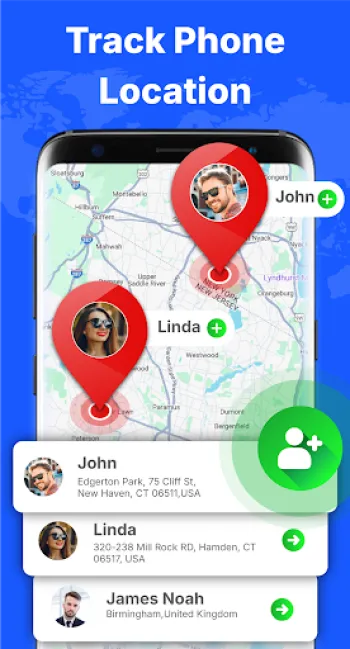
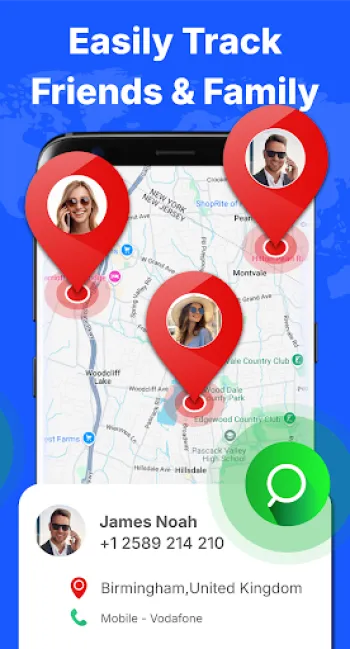
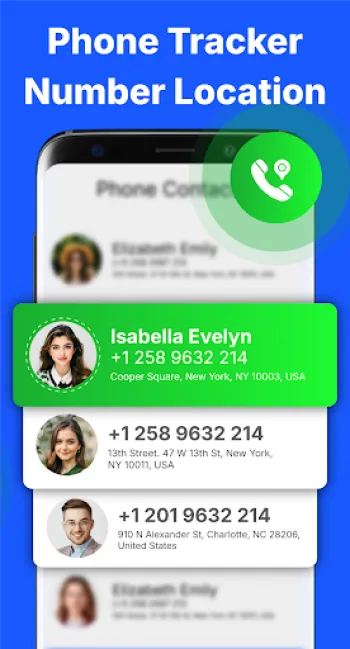
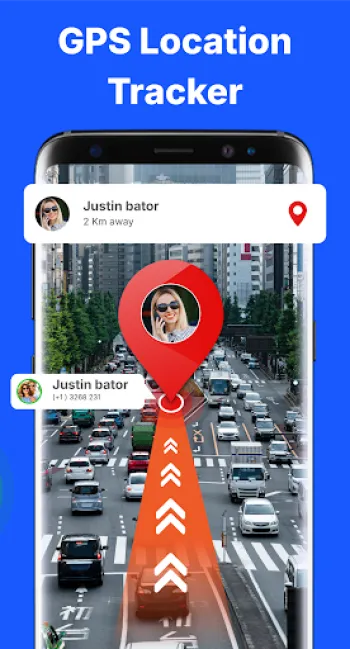
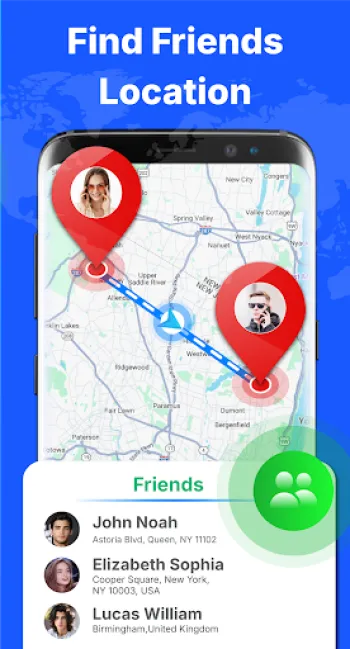
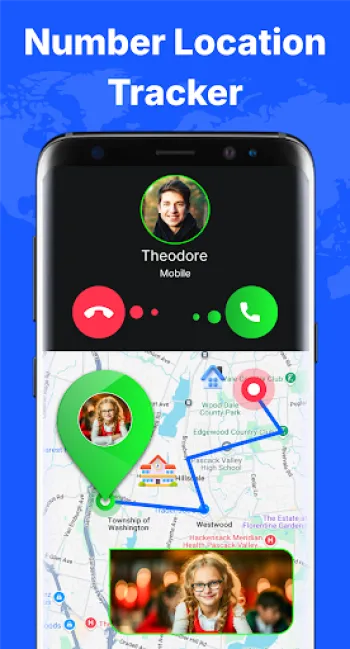
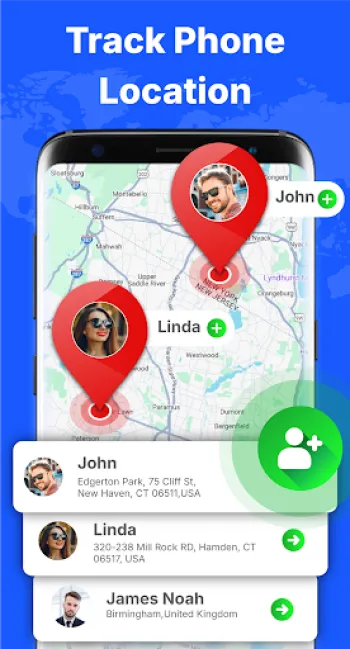
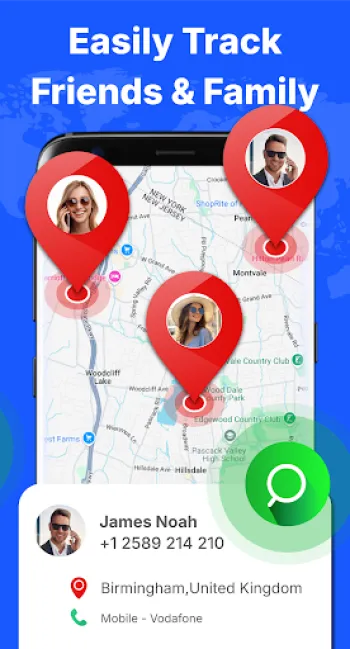
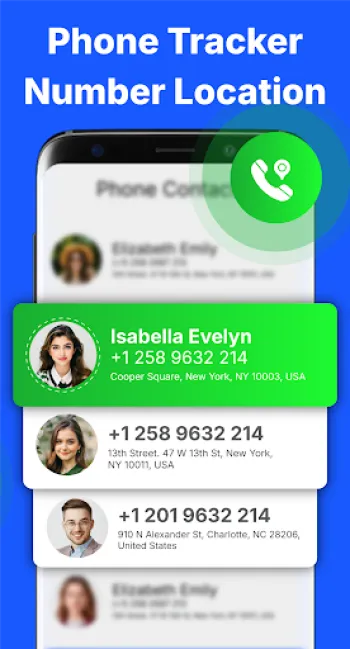
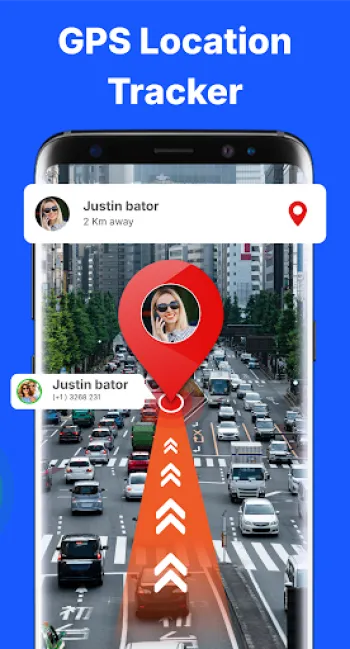
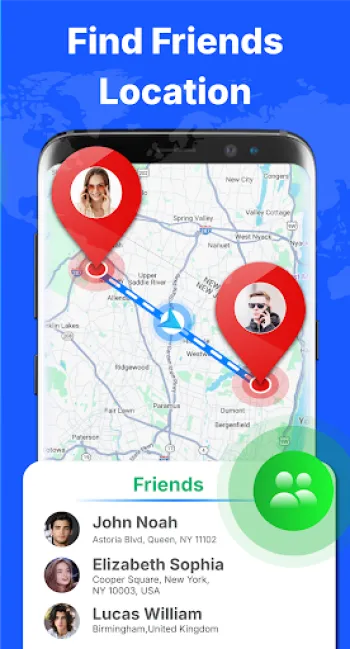
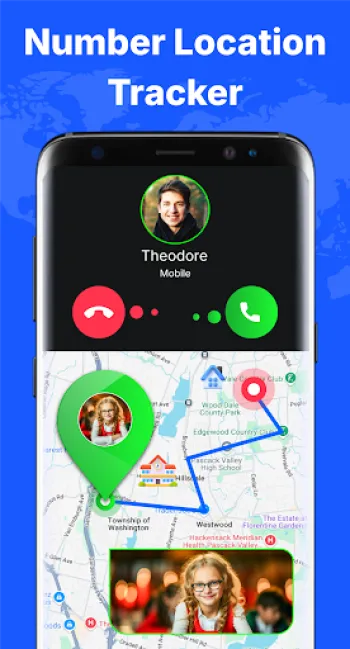





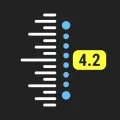


















Shakhawat Hossain
Baler's apps, I checked with the numbers of people I know. It's no use. I checked with the numbers of different places in the country, all the loca...
Emmanuel Asiedu
it a good number locator and far far different from the others
Elias Lovika
here in Malawi this app doesn't work anymore
Munmun Ghosh
Very bad app. Lot of ads.This is very disturbing. And it not works either.If i search any number it never shows the nunbers location. In fact, it n...
Himanshu Pandey
I was very excited to use this app but I was very hurt after seeing fake locations of people.My friend was in Chandigarh and it was showing Luclnow...